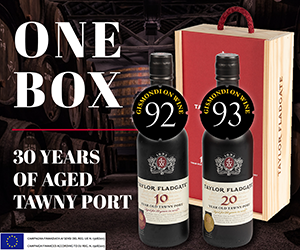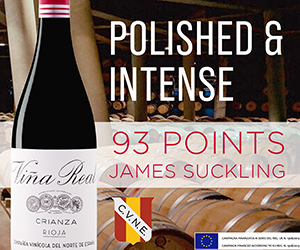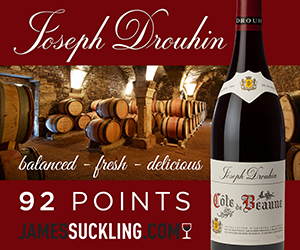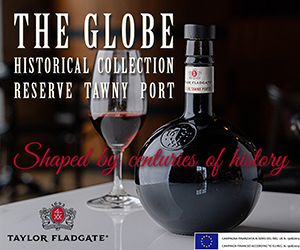By Mark Hicken, Special to the Sun showTab("text/html"); In less than a year, British Columbians will welcome visitors from all over the world to the Winter Olympics.
No doubt, our guests will be impressed by our hospitality, our stunning scenery and an established yet rapidly expanding food and wine culture with internationally recognized restaurants and impressive locally made wines.
Unfortunately, our guests may not be impressed by our liquor distribution system, which restricts efficient trade and results in some of the highest wine prices in the western world. Why do we have this system? Politics.
In B.C., politics dictate what type of wine you drink, how you drink it, where you get it from and how much you pay for it.
With a provincial election on the horizon, I would like to invite British Columbians to think about the following issues and to consider whether it's time to reform these policies.
Taxation: The B.C. government levies some of the highest taxes and markups on wine in the world, and certainly the highest in any significant wine-producing region. Most of the tax is hidden in the "tax included" retail shelf price which is controlled by the Liquor Distribution Branch (the government liquor board which operates BC Liquor Stores.)
How high are these charges and fees? They vary depending upon the wine and where you buy it, but for a moderately priced bottle of imported wine, the LDB price includes 10 per cent PST, five per cent GST, and 117 per cent government liquor board markup, plus assorted other items such as bottle fees. The result -- a whopping 132-per-cent take for the government. By comparison, the total tax rate on retail gasoline in Vancouver (including the controversial carbon tax) is only 61 per cent, a relative bargain.
Distribution: B.C.'s retail distribution system is extremely inconsistent. We have both government liquor stores and private stores (an issue in itself.) However, did you know that there are a myriad of different private store licences, all of which have different wholesale discount rates? Some private stores get only a 10-per-cent discount on the full government store retail price when they buy product at wholesale. Others get 16 per cent. Some others get as much as 30 per cent off (which seems much more reasonable if you're trying to run a business.) These discrepancies result in an uneven retail playing field and an inability for stores to compete.
Restaurants and hotels: In most parts of the world, hospitality channels can buy wine at wholesale prices, thus permitting them to mark up the wine to a reasonable retail price and still make a decent profit. In B.C. for most purchases, restaurants and hotels get zero discount from the full government retail price. The only concession is for PST and GST, but that is added back in on the customer's bill. This government policy is why wine prices are so high in B.C.'s hospitality sector.
Imports and exports: The import and export of wine in B.C. is also affected by government policy. A federal law, the Importation of Intoxicating Liquors Act, makes it illegal to ship or transport wine (or any alcoholic beverage) across provincial boundaries unless the shipment is consigned to the liquor board in the receiving province. This means that our Olympic visitors will be breaking the law if they try to take B.C. wine home. It also makes it illegal for a B.C. winery to ship wine directly to customers in other provinces.
Wineries are thus placed in an untenable position: either break the law by making the shipment, or upset customers from within our own country by telling them that the law prevents the interprovincial trade of wine.
British Columbia's policy on this is no different from that of any other province. For example, if you try to bring wine back into B.C. from Ontario, you are supposed to voluntarily pay the PST, GST and the liquor board markup. So you end up with a tax bill close to the 132 per cent in the example above. This is hardly reasonable when we are hoping to encourage the export of B.C. wine to other regions.
There is an alternative -- a system of permits and reporting that could facilitate the controlled interprovincial purchase of wine by consumers for their personal use of Canadian wines not currently carried by liquor boards in their own province. This could be done without dismantling the liquor board system.
Canadian consumers want better access to wines from their own country and finding ways to get more Canadian wines into Canadians' hands is good for producers, for B.C., for Canada, for government revenues and for the economy. As a key wine-producing province, B.C. has an opportunity for leadership on these issues. Premier Gordon Campbell has often vowed to make dismantling internal trade barriers a priority -- here's what he can do.
Simply tell the LDB to work with their peers in other provinces and with the wine industry to explore alternatives, reform the current outdated laws and tax system, and facilitate more consumer choice. It can be done, and done in a socially responsible fashion.
If you would like to support our campaign to reform B.C.'s wine taxes and laws, please contact your MLA and join us at www.freethewine.ca.
Mark Hicken is a Vancouver lawyer.
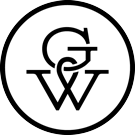
 quicksearch
quicksearch


